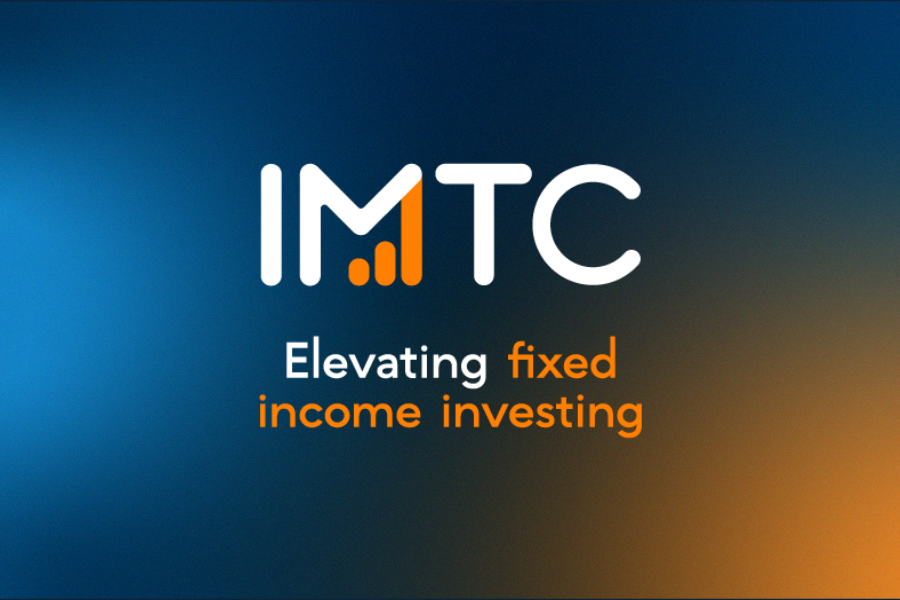Improving Productivity: 8 Strategies to Enhance Decisions & Become More Effective

For high achievers, the struggle for more time in the day is real. Some people may look to their personal life if they can save an hour or two a day, looking to spend more time with family. However, many others look at productivity as a way to add more value, focusing on improving quality or taking on new initiatives at work. As you automate processes or become more efficient, you may start to notice opportunities to be proactive and customize solutions for clients. Some are able to be less rushed and therefore spend more time on quality, often reducing data errors.
As investment firms adjust to not only new ways of working remotely, but also, attempt to overcome increasing competitive pressures, efficiency makes a huge difference. Employees need to be innovative and agile, with the ability to develop creative new ways to do business, instead of only relying on the strategies that may have brought you success. In our webinar on the Culture of Performance, Lale Topcuoglu of J.O. Hambro Capital explains how people need to shift in order to overcome competitive barriers and those that are able to adapt effectively will be winners, and those who remain stagnant will lose.
Here are the top 8 strategies and tips for enhancing your productivity at work. Watch the full webinar for more insight on how to become a high performer.
1. Get moving for better ideas
“We often think of our best ideas when we’re not sitting glued to our computer” explains Michelle Baker, a health coach for high-performers, as to why your desk should not be the only place you’re making decisions. While many have workout routines in the morning or an evening Peloton class, you should also get walking during the middle of the day. Schedule a meeting with a colleague to walk and discuss ideas or go for a 20-30 minute walk by yourself to think through an idea. This is how you can come up with your most creative ideas or unique solutions to a problem.
2. Write out your investment decisions
Cut through the noise of your own decisions by developing the habit to write all of your investment decisions down in a notebook. Writing through your thoughts on an investment helps you to determine what’s a good idea and what is possibly just emotions playing into your decision. Especially in a time where you’re more isolated from your team, it’s helpful to be able to review the thought process that went into your decision. Lale Topcuoglu, Senior Fund Manager and Head of Credit at J.O. Hambro Capital Management, expands on why she has kept a trading diary over the past decade: “It really distills down decision-making to the key points.”
3. Align on outcomes and goals
Previously, managers relied on seeing people in the office to determine productivity. The old belief that who stayed latest in the office is working the hardest is no longer relevant, nor is it the best measure of accomplishment. By focusing on the outcomes of your work, managers can actively determine who’s remaining productive remotely. In addition, for employees, having clear expectations on outcomes and goals means you can focus on what will help you achieve that. Christina George, VP of Human Resources at BGC Partners explains how “communication is key to ensuring that the business is still running as it was when everyone was in the same office, on the same desk.”
4. Focus on excellence in the next 5 minutes
While many people think of excellence as a constant state to work towards, a micro view of excellence actually makes a bigger impact. You can achieve more if you focus on outperforming in small tasks, which then adds up to much more.
“Excellence is not a destination, at which you arrive on a glorious day after years of brutally hard work. Excellence is a way of life, a way of sustaining us and inspiring us, and inspiring those who are around us day in and day out. So we think of excellence in the next five minutes: in the next 4 line email, the next call that you have when you decide to shut up and listen, and really listen, when we say thank you for something small, when you take the time to learn all ten of your team members’ kids. So excellence is something that can really be achieved in the moment and can really get us to the next level.” – Elisabetta Bartoloni, Partner & Financial Sector Lead at Heidrick & Struggles
5. Lead with humanity
“In this crisis I’ve really seen three drivers when it comes to activating organizational performance. The first one, in this crisis in particular, has been the humanity of leaders,” explains Elisabetta. As a leader taking stock of your own management style, does it focus on the wellbeing of your team? It’s important to consider if your style contributes or detracts from the performance of your team. The role of EQ and how it plays into communication should also be assessed not only for management, but across the entire team. For example, in debating an investment decision, are you paying attention to your language and assessing how your communication is construed? Lale agrees that it “takes a lot of energy” to communicate effectively.
6. Start your day with a 5-minute tech detox
When you begin your day with a position of strength, you’re better able to focus on being productive. Michelle Baker explains that when you remove tech from your morning routine, then “the first 5 minutes, you are not responding to someone else’s requests for your time, you’re checking in with yourself…[you’re] not starting your day in a fight or flight mode but instead ground yourself the first 5 minutes of the day.” The best way to do this? Charge your phone in a different room and get a $10 alarm clock.
7. Become the CEO of your nutrition
A powerful way to incorporate healthy eating into your day is to think about making decisions around nutrition the way you would make decisions for work. Plan and then stay accountable to yourself. As Michelle Baker says, “become the CEO of your nutrition.” Spend a few minutes in the morning and afternoon planning your meals and snacks – it doesn’t have to take long, just spending 2 minutes does the trick. The food you eat will power you through the day and set you up to focus or to be distracted. In order to keep your brain power high, you need to incorporate protein and fats into your day. An easy way to power through that afternoon slump is to keep nuts as a snack. Additionally, you don’t want to deplete your willpower throughout the day by having unhealthy foods in clear sight. Keep the food you want in your line of sight and tuck away food that isn’t contributing to your health and productivity.
8. Develop your remote workspace
Some people love working remotely and some people hate the isolation from your team. Regardless, everyone needs to create a space that allows you to be your most productive. Typically, that’s not working off a coffee table from your couch on your small laptop screen, especially when you were used to having a desk with 4 monitors. Create your own bubble and make the investment in technology – don’t feel like you’re “holding together with duct tape and bubble gum” but enable yourself to have a clean space where you can be in work-mode and focus.
Watch the full webinar for more insight >>
Technology is only as good as how it is used. IMTC is designed by and for fixed income professionals, empowering them to take action and make decisions quickly and accurately with real-time data and analytics capabilities. It allows you to future-proof your business; driving operational efficiencies, mitigating risk and delivering performance, to ultimately enable business growth. Learn more about IMTC.
This paper is intended for information and discussion purposes only. The information contained in this publication is derived from data obtained from sources believed by IMTC to be reliable and is given in good faith, but no guarantees are made by IMTC with regard to the accuracy, completeness, or suitability of the information presented. Nothing within this paper should be relied upon as investment advice, and nothing within shall confer rights or remedies upon, you or any of your employees, creditors, holders of securities or other equity holders or any other person. Any opinions expressed reflect the current judgment of the authors of this paper and do not necessarily represent the opinion of IMTC. IMTC expressly disclaims all representations and warranties, express, implied, statutory or otherwise, whatsoever, including, but not limited to: (i) warranties of merchantability, fitness for a particular purpose, suitability, usage, title, or noninfringement; (ii) that the contents of this white paper are free from error; and (iii) that such contents will not infringe third-party rights. The information contained within this paper is the intellectual property of IMTC and any further dissemination of this paper should attribute rights to IMTC and include this disclaimer.





